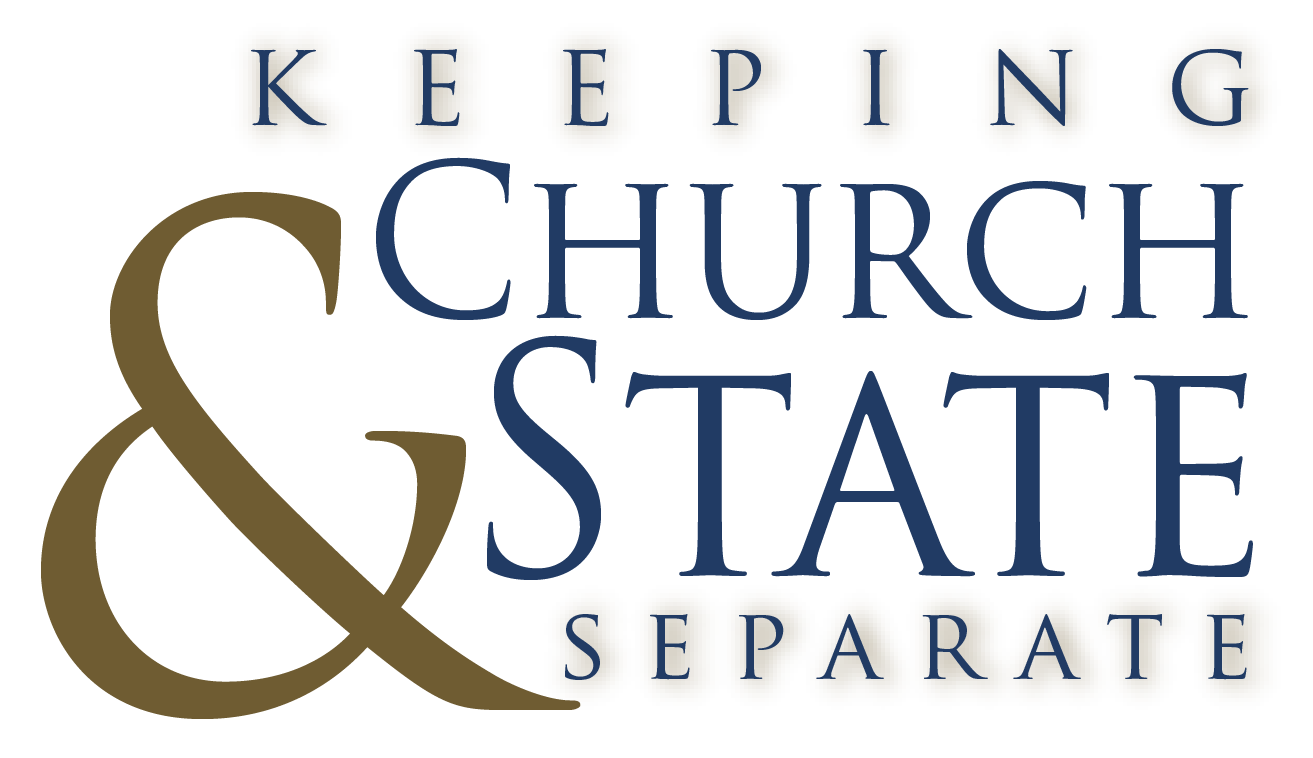Free Exercise of Religion
The First Amendment’s guarantee of the free exercise of religion generally means that government should not interfere with religious practice. The Constitution, however, does not protect all religious practice in all instances. The BJC believes that government should not interfere with religious beliefs and practices unless it has a strong secular governmental interest in doing so.
In the 1990 case of Employment Division v. Smith (494 U.S. 872), the Supreme Court held by a narrow majority that the Free Exercise Clause does not require exceptions to neutral laws that incidentally burden religion. While the Court preserved the higher standard of protection in some situations, the decision made it more difficult for religious claimants to prevail under the Free Exercise Clause, leaving the law of religious accommodations mainly to the legislative branches of government. In response to the Smith decision, the Baptist Joint Committee and a broad coalition of organizations worked together to champion the Religious Freedom Restoration Act (RFRA). Signed into law in 1993, it prohibits the federal government from substantially burdening religious expression without a compelling reason.
The BJC supports a number of legislative efforts that offer greater protection for the free exercise of religion than courts otherwise may provide. In short, the government should avoid substantially burdening a person’s sincerely held religious beliefs absent an important governmental interest that could not be pursued in a less restrictive manner, and it should make efforts to accommodate specific religious needs where it is feasible to do so.
For more on this topic:
For a primer on religious liberty, visit BJConline.org/ReligiousLiberty
To learn more about our work defending the free exercise for people of all faiths, visit our “Religious Liberty for All” page.
Visit our legislation page for examples of laws supported by the BJC that promote the free exercise of religion.
Visit our litigation page for examples of how the BJC supports this principle in the courts, including through a case protecting the “ministerial exception.”
A Primer on the Governmental Accommodation of Religion
By J. Brent Walker





